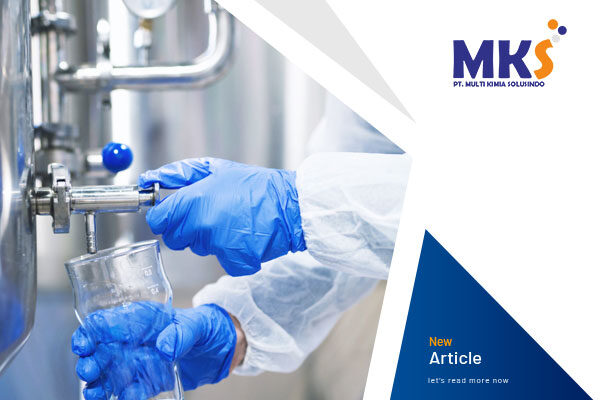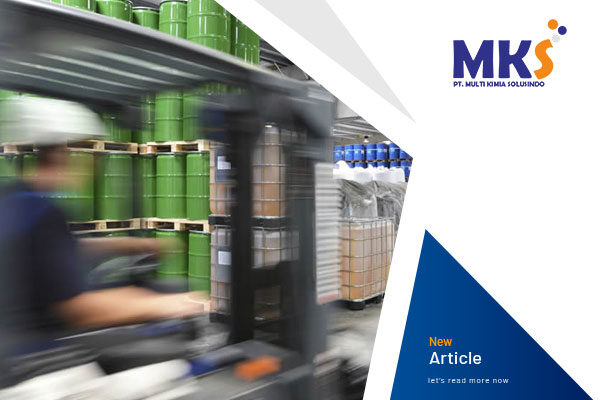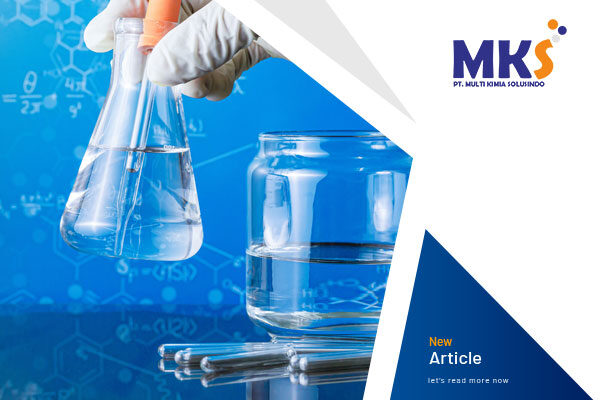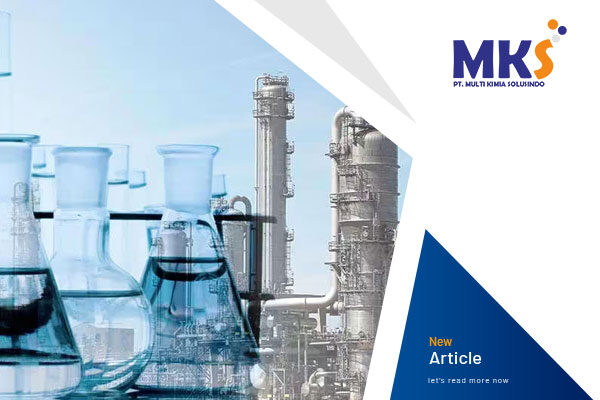Effective Chemicals for Water Treatment Solutions
Water is one of the most essential resources in industrial operations, agriculture, and everyday life. However, ensuring clean, safe, and usable water requires an advanced and strategic approach—one that often depends on the right selection of chemicals. Effective water treatment is not just about filtering particles; it involves complex chemical processes that ensure water meets regulatory standards and is safe for human, industrial, and environmental use.
In this article, we’ll explore the importance of chemical solutions in water treatment, types of chemicals used, how they work, and how businesses can benefit from choosing the right provider.
Why Water Treatment Requires Chemicals
Natural and industrial water sources often contain suspended solids, pathogens, heavy metals, organic pollutants, and dissolved salts that cannot be removed by simple mechanical filtration. This is where chemical solutions play a critical role.
Chemical treatment works to:
-
Adjust pH to make water stable or suitable for industrial use
-
Remove bacteria and pathogens using disinfectants
-
Neutralize toxic components and heavy metals
-
Facilitate sedimentation through coagulation and flocculation
-
Reduce scaling and corrosion in piping systems
-
Eliminate odors and unwanted colors in treated water
Whether you are operating a municipal water plant, a food processing facility, a mining operation, or a hotel, effective chemical water treatment ensures compliance with health and environmental standards while maintaining operational efficiency.
Key Chemicals Used in Water Treatment
Here are the most commonly used and effective chemicals in water treatment solutions:
1. Coagulants and Flocculants
These are the backbone of solid-liquid separation in water treatment. They help in agglomerating fine particles into larger clumps (flocs), which can be easily removed.
-
Examples:
-
Alum (Aluminum Sulfate)
-
PAC (Poly Aluminium Chloride)
-
Zetag
-
Ferrous sulfate or ferric chloride
-
2. pH Adjusters
Maintaining the right pH is crucial for chemical reactions and protecting equipment.
-
Examples:
-
Caustic Soda (NaOH) – raises pH
-
Sulfuric Acid or Hydrochloric Acid (HCl) – lowers pH
-
3. Disinfectants
Used to kill bacteria, viruses, and other pathogens. Common in drinking water and wastewater treatment.
-
Examples:
-
Chlorine
-
Hydrogen Peroxide
-
Aqueous Ammonia (Ammonia Solution)
-
4. Anti-scalants and Corrosion Inhibitors
These chemicals prevent the buildup of scale and rust in pipelines and industrial water systems.
-
Examples:
-
Phosphonates
-
Polyacrylic acids
-
5. Odor and Color Control Agents
These are used in wastewater systems or highly contaminated water sources to neutralize unpleasant smells and colors.
-
Examples:
-
Activated Carbon
-
Oxidizing agents (like chlorine dioxide)
-
Industries That Benefit from Chemical Water Treatment
-
Municipal Water Treatment Plants (WTP)
-
Wastewater Treatment Plants (WWTP)
-
Food and Beverage Industry
-
Mining and Mineral Processing
-
Chemical and Pharmaceutical Plants
-
Hotels, Hospitals, and Commercial Buildings
Each industry has unique water treatment requirements, and choosing the correct chemical formulation can greatly improve efficiency and cost-effectiveness.
Benefits of Using Effective Chemicals in Water Treatment
1. Improved Water Quality
High-quality treatment chemicals ensure safe, clean, and usable water—whether for human consumption, reuse, or discharge.
2. Compliance with Environmental Standards
Regulatory compliance is a major concern. Proper chemical usage ensures treated water meets national and local discharge regulations.
3. Operational Efficiency
Optimized chemical dosing reduces chemical waste, lowers maintenance costs, and extends the lifespan of treatment equipment.
4. Cost Savings
Using the right chemicals in the right proportion reduces operational costs by minimizing chemical overuse, downtime, and equipment damage.
Choosing the Right Water Treatment Chemical Supplier
Partnering with a trusted supplier is crucial for reliable water treatment performance. A good supplier should offer:
-
Customized chemical formulations based on your water profile
-
Technical support and consultation
-
On-site evaluation and dosing system design
-
Reliable delivery and consistent quality
-
Compliance with government and environmental regulations
At PT. Multi Kimia Solusindo (MKS), we provide a full range of water treatment chemicals including PAC, Zetag, Alum, Caustic Soda, and specialized anti-scalants. We also offer technical consultation and support tailored to your plant’s specific needs.
Conclusion
Effective chemicals are at the heart of any successful water treatment system. They ensure safety, compliance, and efficiency across industries. With the right knowledge, the right strategy, and the right partner, industries can transform water challenges into opportunities for sustainability and performance.
For a cleaner future, invest in reliable water treatment chemicals — and a supplier you can trust.
Need the Right Chemical for Your Water System?
Contact PT. Multi Kimia Solusindo (MKS) today and discover a better way to manage your water.




